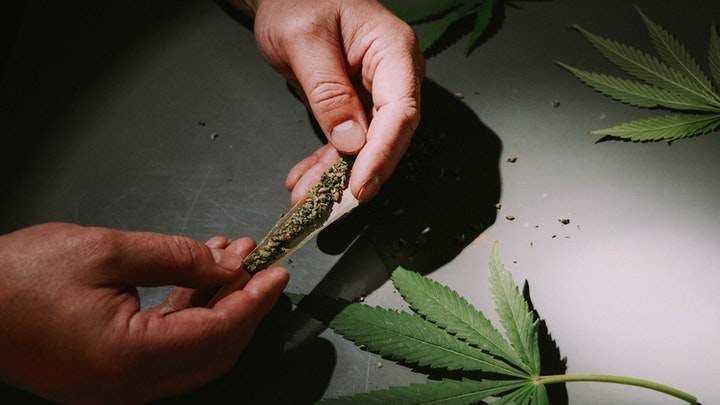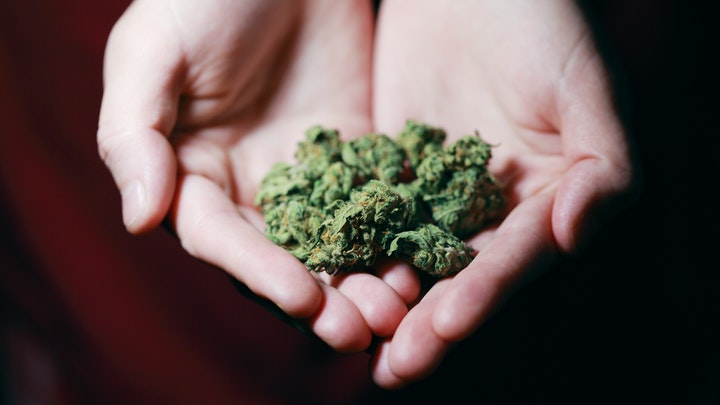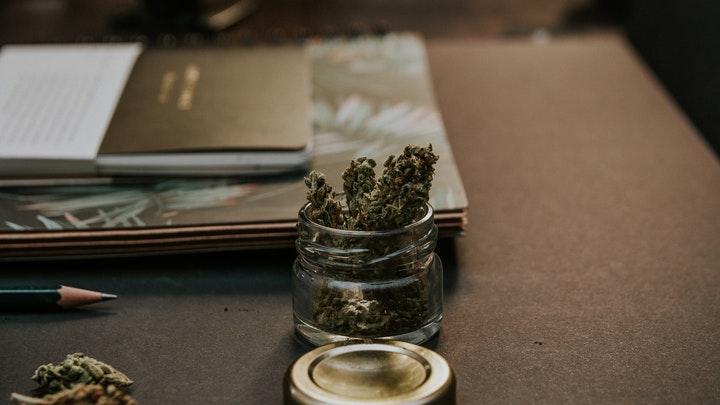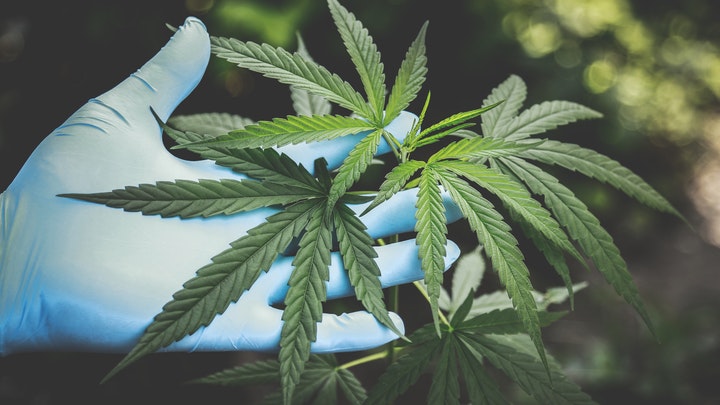One key aspect of the research regarding cannabis has considered how the drug impacts memory.
It has been established, through research, that the drug has numerous detrimental impacts on cognition, such as a reduction in the volume of the prefrontal cortex and a drop in IQ.
However, the research surrounding how the drug impacts memory is less clear and more tentative.
Nevertheless, there are still some conclusions that can be drawn about how long-term cannabis use affects memory.

Firstly, what is cannabis?
Cannabis is the most widely used illicit drug in many parts of the world and in the UK. The drug is commonly known as weed, marijuana, pot, ganja, and other names.
It can be consumed by smoking its dried leaves, or consumption through edibles.
Cannabis gives the drug user a high due to its psychoactive compounds. These include the cannabinoids THC and CBD. THC is associated with the feeling of the high, as well as other responses like increased alertness and anxiety.
Meanwhile, CBD is known for its properties which can reduce stress and anxiety, and research is being conducted on the use of the compound as a medical treatment.

Unfortunately, the use of cannabis is strongly associated with several mental health conditions. These include depression and anxiety. It’s also linked to the development of psychotic illnesses like psychosis and schizophrenia.
Heavy cannabis use is also linked to thoughts about self-harm and suicide and can contribute to negative mental health more broadly due to its impact on loneliness and social isolation.

While cannabis impacts the brain in many ways due to its psychoactive compounds, there is some research into how it relates to memory.
Human memory corresponds to the brain and is split into two categories. Short-term memory is where present events are stored and developed, and these can be processed into long-term memory which stores information for longer periods of time.
The two functions of memory are dealt with by different parts of the hippocampus, which means that some people who have suffered injury experience a loss in one type of memory but not the other.
This shows that short-term memory and long-term memory are different systems, and therefore could be impacted in different ways by cannabis use.

People who use cannabis often have a reputation for being forgetful or absent-minded. This isn’t just a stereotype. In fact, research has shown that the use of the drug does impact short-term memory.
The THC in cannabis, no matter how its ingested, enters the brain by connecting to the cannabinoid receptor 1 proteins (CB1s). These receptors are located throughout the brain, including the hippocampus, which is where memories are formed.
The CB1 proteins are part of the natural process of forming memories, and THC can attach to these which doesn’t allow them to form memories properly.
In fact, you might not form memories at all while you’re high on cannabis, depending on the THC concentration of what you’re taking and how much of it you’ve taken.
This is why, when you aren’t high any longer, you often can’t remember what you were talking about or what you did while you were using the drug, or the memories might be incomplete.
This is the effect that cannabis can have on short-term memory and the development and storage of short-term memories.

There are long-term memory effects that have been observed linked to the use of cannabis, however, they come with a caveat: they are restricted to people who used the drug heavily during their teenage years.
While you’re a teenager, your brain is still developing. Areas like the hippocampus and the prefrontal cortex especially are still underdeveloped, and won’t be fully mature until the mid-twenties.
One study researched teenagers who regularly used the drug over the course of several years. It showed that teenagers who used the drug regularly had impacts on their long-term memory.
This is because the use of the drug changed the shape of their hippocampus, and the hippocampus is the area of the brain that deals with all memory.
Therefore, the drug does impact both short-term and long-term memory. However, both impacts are qualified. The research shows that long-term memory is most impacted by use of the drug during the teenage years.
When a person is an adult and used cannabis, it has much less (or no) effect because the hippocampus is fully developed.

As reflected in the research, yes, the extent of the use of cannabis does change the way it impacts both short-term and long-term memory.
Firstly, cannabis taken in higher amounts will have a greater impact on short-term memory as there will be more THC in the bloodstream. This THC bonds to the CB1 proteins, disrupting the formation of short-term memories.
Equally, while the impact of cannabis on long-term memory is restricted to teenagers who use the drug, the extent of the drug use still makes a difference there too.
The effect on the distortion of the hippocampus was correlated with the extent of the drug use. Teenagers who used cannabis more frequently were observed to have a greater change in their long-term memory.

The impact that cannabis has on short-term memory will fade, usually within a 48-hour window, as the drug passes out of the bloodstream and is no longer in your body.
This is because the THC is no longer present to attach to the CB1 proteins that form short-term memories. Like other symptoms, the impact on short-term memory will pass with time.
The facts are different for long-term memory. Because the hippocampus is no longer developing by the time you are a mature adult, it is unclear whether the distorted shape caused by teenage drug use can be reversed simply through time. However, because there are no more stages of development, it is unlikely.
This means that, unfortunately, if you used cannabis heavily as a teenager for a prolonged period of time, the impact on your long-term memory is not likely to be reversible.
Some evidence has suggested that long-term abstinence can begin to improve the long-term memory again, but the evidence is minimal and it isn’t clear whether or not the abstinence repairs the disruption caused to the hippocampus.
Therefore, the best course of action you can take is to avoid further use of cannabis to prevent further disruption to your short-term memory.

The research has shown that, yes, age has a significant impact on the way cannabis use interacts with our memory.
The effect of cannabis on short-term memory does not seem to be impacted by age.
However, the effect of cannabis on long-term memory is impacted by age, as stated above, if you are a teenager when you are using cannabis your hippocampus is still developing, and the use of cannabis disrupts that development.

Cannabis use will always impact your short-term memory, due to the presence of THC, whether you’re using it once, or every day.
Whether or not cannabis use is long-term or short-term does not seem to have any substantial impact on short-term memory.
Long-term cannabis use as a teenager does, however, alter the hippocampus and negatively impact long-term memory.
On the other hand, cannabis use as a developed adult only seems to impact the short-term memory with little or no impact on the long-term memory.
[1] Cannabis and depression
https://pubmed.ncbi.nlm.nih.gov/33332004/
[2] Effects of cannabis on the adolescent brain